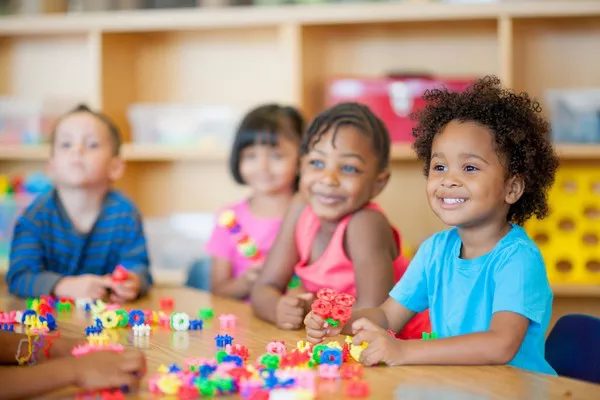The ability to make friends is a significant aspect of a child’s social and emotional development. While some children seem to effortlessly form friendships, others take more time to navigate the complexities of social interactions. This article explores the developmental milestones and factors that influence when kids typically start making friends, providing insights into the progression of social connections during childhood.
1.Early Social Interactions: The Emergence of Social Awareness
Early Social Engagement: From birth, infants begin to engage in social interactions with their caregivers. They develop attachments and seek comfort and security from familiar faces. While these early interactions are not considered friendships, they lay the foundation for later social connections.
Toddlerhood: Parallel Play and Social Exploration: During the toddler years (around 1 to 3 years old), children engage in parallel play, where they play side by side with other children but do not actively interact or share toys. This stage is an important precursor to later social interactions and the formation of friendships.
2.Preschool Years: The Beginning of Friendship
Ages 3 to 5: The Emergence of Peer Play: Around the preschool years, children begin to show more interest in playing with their peers. They engage in cooperative play, take turns, and start to share toys. While these interactions may be brief and primarily centered around play, they lay the groundwork for the development of friendships.
Preschool Friendship Skills: During this stage, children start to develop important friendship skills such as sharing, taking turns, empathy, and conflict resolution. They learn to navigate social dynamics, negotiate and cooperate with others, and develop a sense of belonging within their peer group.
3.Elementary School: Deepening Friendships and Social Networks
Ages 6 to 8: Growing Social Circles: As children enter elementary school, their social circles expand, and they have more opportunities to form friendships. They begin to establish closer bonds and develop preferences for certain peers.
Shared Interests and Common Activities: Elementary school-aged children often form friendships based on shared interests and participation in common activities such as sports, hobbies, or school clubs. These shared experiences provide opportunities for connection and deeper social interactions.
4.Factors Influencing Friendship Formation
Temperament and Personality: Children’s individual temperament and personality traits can influence their propensity for forming friendships. Some children may be naturally more outgoing and socially inclined, while others may be more introverted or cautious in social settings.
Parental Support and Socialization: Positive parent-child relationships, supportive parenting, and opportunities for socialization can contribute to a child’s social development and the formation of friendships. Parental encouragement, guidance, and modeling of positive social behaviors can facilitate the acquisition of friendship skills.
School and Peer Group Environment: The school environment and peer group dynamics play a significant role in friendship formation. Factors such as class size, classroom structure, extracurricular activities, and social opportunities influence a child’s exposure to potential friends and their ability to develop meaningful connections.
conclusion
the age at which kids start making friends varies, but the development of social connections typically begins in the early years and continues to evolve throughout childhood. Early social interactions and parallel play set the stage for later friendship development. Preschool years mark the emergence of peer play and the development of essential friendship skills. In elementary school, friendships deepen, and children form social networks based on shared interests and activities. Various factors, including temperament, parental support, and the school environment, can influence a child’s ability to form friendships. By fostering a nurturing social environment, providing opportunities for socialization,and modeling positive social behaviors, parents and caregivers can support their children in developing the necessary skills to form and maintain meaningful friendships. It is important to remember that every child is unique, and friendship development may occur at different rates. Encouraging social interactions, fostering empathy and kindness, and providing guidance when conflicts arise can help children navigate the complexities of social relationships and foster healthy and fulfilling friendships as they grow.



